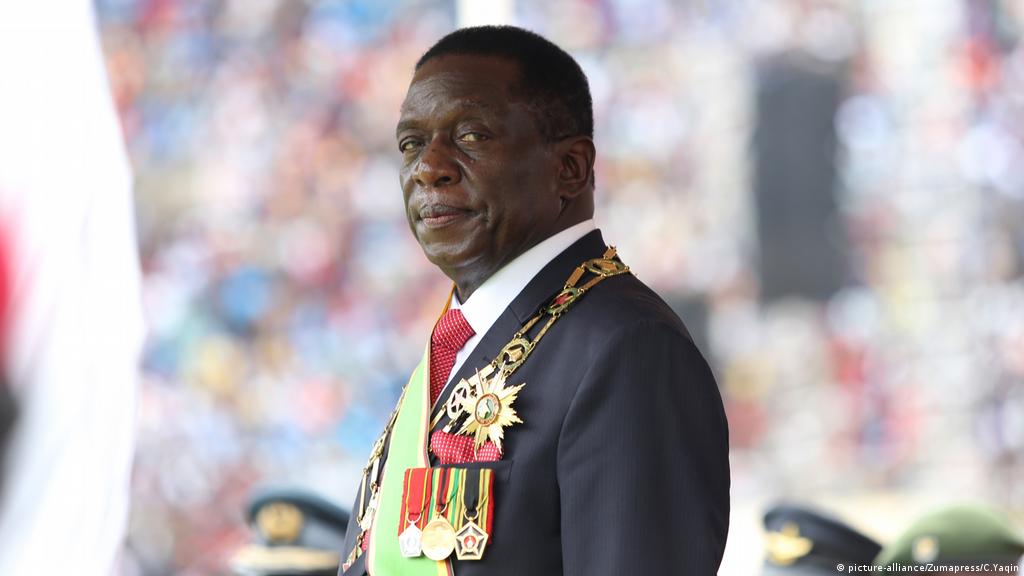HARARE – Zimbabwe’s general election is still a year away, but pro-democracy activists say they are worried last weekend’s by-elections offered a preview of the violence and repression to come.
Despite that, the main opposition Citizens Coalition for Change came out of the vote oozing with confidence, saying nothing can stop it from forming the next national government after the 2023 general election.
It won 19 out of 28 parliamentary seats that were up for grabs, with the ruling Zanu PF taking nine, mainly rural constituencies.
But the run-up to the by-elections was marred by violence, with one opposition supporter stabbed to death – in the back – during a rally.
Even police, normally reluctant to criticise the government, said supporters of President Emmerson Mnangagwa’s Zanu PF had instigated the violence. Five suspects have been arrested and charged with murder.
After Mnangagwa seized power in a coup in 2017, he legitimised his presidency the following year in elections the opposition claims were rigged.
All the while he claimed he would turn a new page from the iron-handed rule of Robert Mugabe.
But for the opposition and civic groups, Saturday’s elections covered too few seats to change the balance of power in the current parliament.
Yet in the run-up to the vote, the opposition faced police intimidation, and Mnangagwa threatened to suspend the work of all non-profits – even those working to keep the country from falling into a hunger crisis, through the proposed Private Voluntary Organisations Amendment Bill.
“We can do without NGOs. I will remove them from this country, I will chase them away,” Mnangagwa said before the by-elections.
“When they are in the country, they must just do what they declared they want to do in this country,” he said.
Banning non-profits is a tactic Mugabe used in 2008, when he felt most vulnerable at the ballot box. He accused foreign aid agencies of bribing people with food to vote for the opposition.
After he won the election, he lifted the ban on the aid groups.
“We fear that the people are being isolated,” said Jestina Mukoko, director of Zimbabwe Peace Project, a rights group documenting state brutality.
“The democratic space is shrinking and if this bill passes it will shrink even more,” said Mukoko, who was abducted in December 2008 by a suspected state agent, tortured and interrogated for days.
Blessing Vava, head of a local democracy and governance group, Crisis Coalition, said Mnangagwa was seeking “to entrench a one-party state and a dictatorship where the government does not want to be accountable”.
If passed, the law would give government powers to interfere in the governance and activities of civil society organisations, including changes to internal management and funding.
The law also would allow government to brand aid groups “high risk” or “vulnerable” to terrorism, while banning some organisations from politics.
Some fear a ban on aid agencies would lead to drastic cuts in humanitarian assistance, estimated at US$800 million a year.
A recent report by Zimbabwean development experts, warns that government action must be measured.
Foreign aid – coming through non-governmenttal organisations – is Zimbabwe’s third-largest revenue stream, after exports and diaspora remittances, the report quoted a recent central bank statement.
Political analyst Eldred Masungure said banning non-profits would be akin to shooting oneself in the foot.
“It is targeting all democracy and politically focused” groups, he said. “It serves no purpose.” – AFP
















